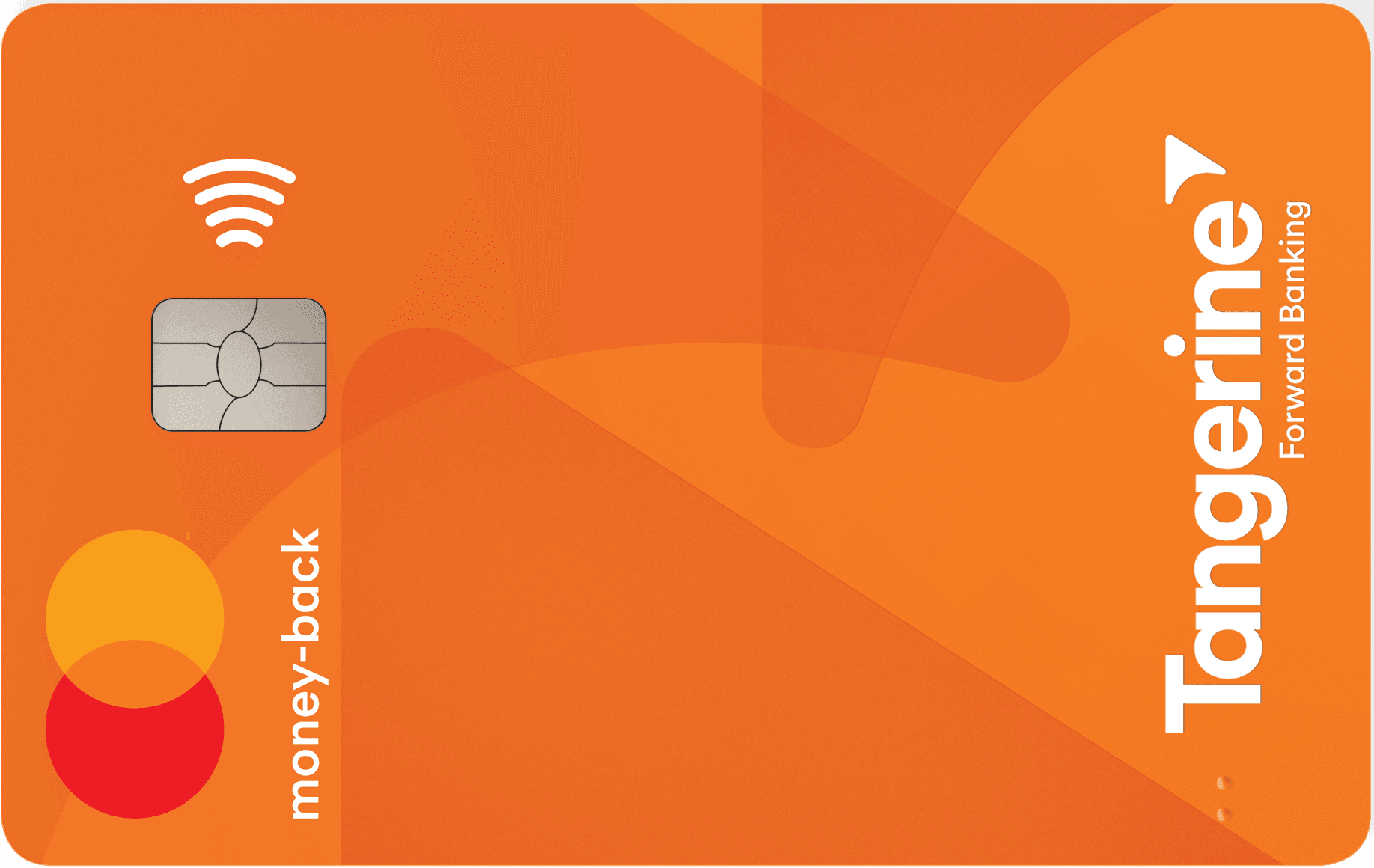Working hard in the background...
Can Credit card Companies Garnish Wages in Canada?
Published Nov 22, 2025 5:25 PM • 8 min read
Credit cards offer great ease of use, benefits, rewards, and perks. It also offers an easy payment method whereby you are only liable to pay the minimum amount at the end of the month, but have you wondered what can happen if you fail to meet that obligation?
What can happen if you fail to make the monthly payments for the credit card minimum amount and the debt accumulates due to added interest each month? Well, in the worst case, where you cannot make timely payments, you can receive warnings, and when the worst comes, your wage can be at risk of garnish. Care to know what we mean by garnishing wages, and can credit card companies do that practically or not in Canada? Read this blog to find out all about such a worst-case scenario.
Disclaimer: The information provided in this blog post is meant to provide general information and does not constitute legal advice. Your circumstances may vary from those described herein, and you should not take any action or refrain from any action based on any information found on this site without obtaining legal advice from a professional.
What do you mean by garnish wages?
When credit card holders fail to make payments by the due date, the credit card company has the right to take legal action. Typically, if the credit card holder fails to pay the minimum payment by the due date, the credit card company sends a warning letter to repay the debt as soon as possible.
If the customer still doesn't respond positively and doesn't show intent to repay the debt, then the credit card companies in Canada can ask for a garnishee order from court. If the court issues a garnish order, then the credit card company directly receives a portion of the wage of the credit card holder. This way, the prescribed portion of the wage or salary of credit card holders directly goes to the credit card company to repay the borrowed debt every month. This means a portion of your paycheck may be directly deducted to repay your debt, typically up to 20-30% depending on your province. However, garnishment is usually a last resort.
The amount deducted from wages as per the garnishing order depends upon what the credit card holder earns and how much he/she is liable to pay. Usually, the banks in Canada demand to get an adequate amount every month to cover the debt as soon as possible and also charge an extra fee in terms of late payment.
Can Credit card companies in Canada garnish wages
Though credit card companies can legally apply for garnishing wages, usually, the wages are garnished in cases of spouse support, child support, or income tax payment cases.
In Canada, credit card companies try to seek other methods to get their payment back and save the garnished wages option as a last resort. They usually try to come to an agreement with the debtor through a late repayment plan or ask the collection agencies to intervene in the matter and extend help. But of course, in extreme cases, credit card companies can apply for a wage garnish order to collect their unpaid outstanding balance.
What income can't be deducted through a garnish order?
While applying for garnish wages, credit card companies need to ascertain that the debtor is receiving a wage or monthly pay. In many cases, the debtor doesn't receive any sort of pay and is living off employment insurance or such funds. But these types of funds are exempted from garnish wage orders. To be clear, in Canada, all these sources of income (not limited to) are exempted from the garnish wages order:
- Unemployment benefits
- Employment insurance
- Union dues
- Pension
- Social assistance
- Income tax
Process of wage garnishment
The procedure to apply for wage garnishment is the same all over Canada, although the amount of wage garnish can vary from province to province. Here are the steps involved in the wage garnish process:
Claim by credit card company:
The credit card company issues a 'statement of claim.' Through this statement, the credit card company states the facts concerning the debtor and how much debt he/she owes and from which time. It also states their demands in terms of what they are expecting from the court as a wage garnish settlement.
After the statement of claim has been submitted to the court, the debtor will receive a notice with all the information about the claim. Along with the notice, the debtor will also be notified that they have 21 days to submit their response to the notice.
Suppose the debtor thinks that the credit card company is at a mistake and has stated false facts through either a human error or a system mistake. In that case, they can submit a 'statement of defense' to clear their position with the evidence. The credit card company may have confused two similar named customers or has made a mistake in recording payments. The court will countercheck all facts and thoroughly check the evidence to state which party's claim is right. In case the debtor doesn't respond, the court will start a legal proceeding in favour of the credit card company.
Issue of judgment order by the court
When the debtor doesn't bother to respond to the statement of claim by the credit card company within 21 days of the notice period, the court issues a judgment order. This order allows the credit card company to take the desired legal action against the debtor and claim the money through the wage garnish.
Notice to the employer
When the court gives the wage garnish order, then a concerning notice is forwarded to the employer of the debtor. The notice explains the entire situation and case to the employer and orders him/her to set aside a specified portion of the wage of the debtor and send it to a collector agency (prescribed by the court) or directly to the credit card company.
A wage garnish order works on a monthly basis until all the amount due is repaid to the credit card company. The employer is legally bound to follow the court orders and deduct the specified amount from the debtor's wage every month. The employer usually has to inform the debtor about this situation to ensure clarity for the court of the debtor (or their employee).
Wage garnish in place
After the employer receives the court order, the credit card company will start getting the specified amount of wage from the debtors' employer every month. The debtor will receive a check with the deducted amount paid to the credit card company.
The debtor can still apply to reopen the case claiming that he/she hasn't received the notice in the first place. However, once the payment starts to be deducted from the wage account, it becomes very difficult to fight back. If you face financial difficulties, contacting your card issuer early to discuss payment options can help prevent legal actions like wage garnishment. The best approach is to avoid getting into this situation in the first place and focus on paying off your debt using different strategies.
Read More: How to Get Out of Credit Card Debt
The maximum wage that can be garnished
In Canada, the maximum wage that can be garnished through court order varies from one province to another. Here is a quick guide to how wage garnish differs between provinces:
Ontario: Creditors can typically garnish up to 20% of your net wage for general debts.A court has the discretion to adjust this limit based on your financial situation and the nature of the debt.For example, a creditor could garnish a maximum of $200 from a net monthly wage of $1000. (Source)
British Columbia: General creditors can claim up to 30% of a debtor's net income.For a net wage of $1000 per month, the maximum a creditor can legally claim is $300. It is important to note that the province's debt enforcement laws are undergoing a major overhaul and are expected to change significantly in 2025. (Source)
Alberta: Alberta's rules are based on a tiered system that protects a portion of your net monthly income from garnishment (Source).
- The first $800 of your net monthly income is completely protected.
- For net income between $800 and $2,400, up to 50% can be garnished.
- Any net income above $2,400 is subject to 100% garnishment.
- So, for a net monthly wage of $2,400, the amount garnished would be $800 (50% of the $1,600 above the protected amount).
- For each dependent, the base protected amount of $800 increases by an additional $200.
What to do to stop wage garnish
The great news is that there is still a lot you can do to stop wage garnishing and protect your wages. Some of the tactics to stop wage garnish includes:
- Negotiate with the credit card company for a relaxed repayment plan.
- Declare bankruptcy, whereby you will get a more relaxed and easy route to pay off the outstanding debt without wage garnish.
- Consult your case with a licensed insolvency trustee to see what other possible options you have. Sometimes the debt is outdated, and there is some latest legislation that can automatically save from wage garnish.
- Pay off the debt completely to the credit card company and protect yourself from wage garnish. This can happen if you receive some payment you have been waiting for or sell some asset.
Trending Offers

Tangerine® Money-Back World Mastercard®*

Tangerine Money-Back Mastercard

Neo World Elite® Mastercard®

Scotiabank Passport® Visa Infinite* Card
About the author

Kevin Shahnazari
Credit Card Expert
Kevin started FinlyWealth and juggles a bit of everything—digging into data, running our marketing, and keeping the finances on track. Before this, he spent years as a data scientist at tech companies...
SEE FULL BIO